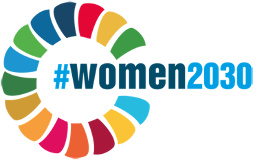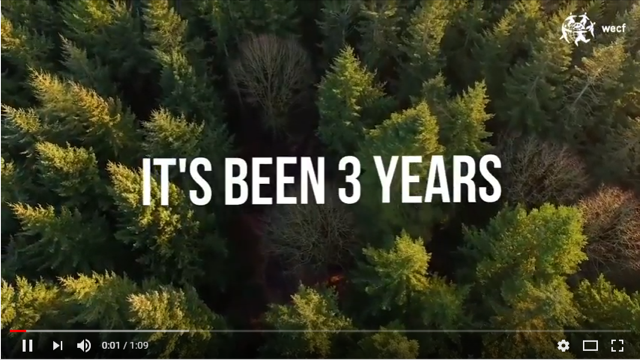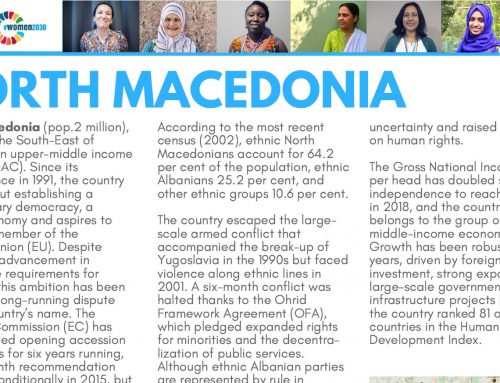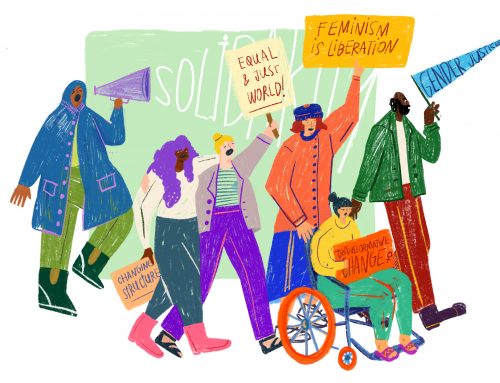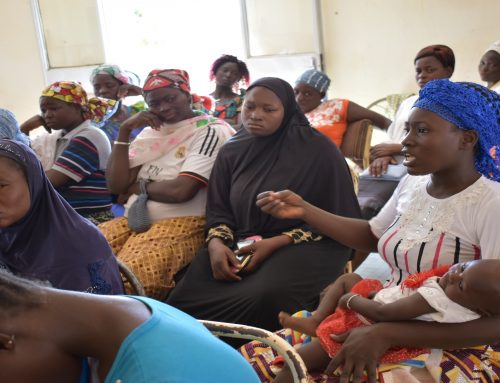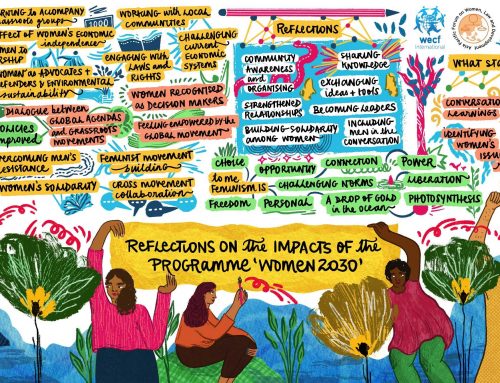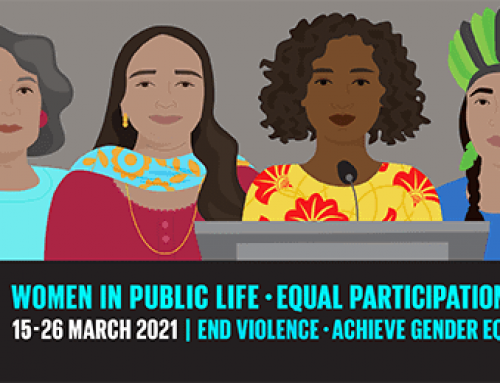In the midst of these news, you might stop to wonder, are we doing enough? Well the whole picture might not be as dark as painted out in the news. Experts from the University of Exeter recently confirmed that if we have more women in the energy sector and industry it will lead to less climate change. There was the landmark case against Monsanto & the German organisation Bayer, which ruled that the glyphosates in the pesticide Roundup had caused Dewayne Johnson’s cancer. The last year has also been marked by great civil mobilisations such as the “system change, not climate change” and anti-coal demonstrations; the black friday marches; the “love demonstrations” countering far-right demonstrations; and then we had the #metoo movement that spread like a fire across Europe. The list is long, all we can say is: where there is injustice, there is also resistance. But far more is needed if we are to achieve the sustainable development goals by 2030.
What you can do
- You can mobilise! You can start a book or film club where you read or watch films on topics regarding gender and environmental justice. Maybe you can join a theater group or do a poetry slam on the topic. Perhaps you can start a guerilla gardening collective. Or maybe just create a safe space for people to meet and discuss the collective needs of the group and move forward from there.
- You can educate yourself and others on the relationship between gender equality, intersectionality and the sustainable development goals. We (the women2030 coalition) have a toolkit which has been produced by Gender & Water Alliance. You can download it in Spanish or in English here:Module 1:gender equality & Agenda 2030; Module 2: Gender mainstreaming our key SDGs; Module 3: Gender-sensitive training and coaching skills; Module 4: Mainstreaming gender into organizational policies.
- You can demand change from decision-makers. Locally, nationally but also regionally (if you’re part of a civil society organisation or group you can join the UNECE regional branch of the feminist network “women’s major group”, email hanna.gunnarsson@wecf.org for more info). You can write letters and send to your local politicians, host roundtables with various different stakeholders, or start campaigns demanding change.
- You can change the demand, cut out plastics, buy less, choose organic and locally produced alternatives. But this is not enough, we also need decision-makers to take bold decisions: to put more restrictions on unsustainable industries, and to challenge structural barriers so that everyone has the same capacity to choose sustainable and safe products.

